

CarExpert
How to make CarExpert your preferred source on Google
4 Minutes Ago
Deutsche Umwelthilfe, a German environmental NGO, is seeking to stop both automakers from selling new internal combustion engine-powered vehicles from 2030.

Journalist
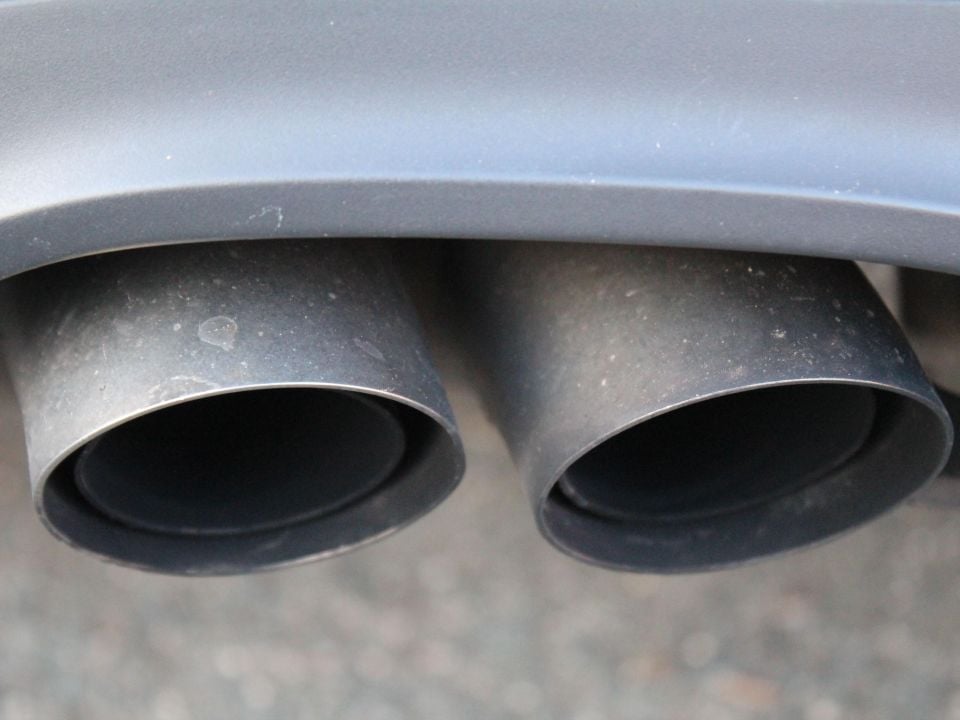

Journalist
In a German legal first, corporations are being sued to do more to fight global climate warming.
Handelsblatt reports Deutsche Umwelthilfe (Environmental Action Germany) is suing both BMW and Daimler — parent of Mercedes-Benz — for not doing more to keep climate change in check.
Earlier this month Deutsche Umwelthilfe sent a list of demands, including a legally-binding commitment to end petrol and diesel car production by 2030, to both automakers.
The organisation also wants the automakers to limit carbon output to their “fair share”, a number based on past carbon emissions and an allocation designed to keep German industry on track to limit the average global temperature increase to 1.7 degrees Celsius.
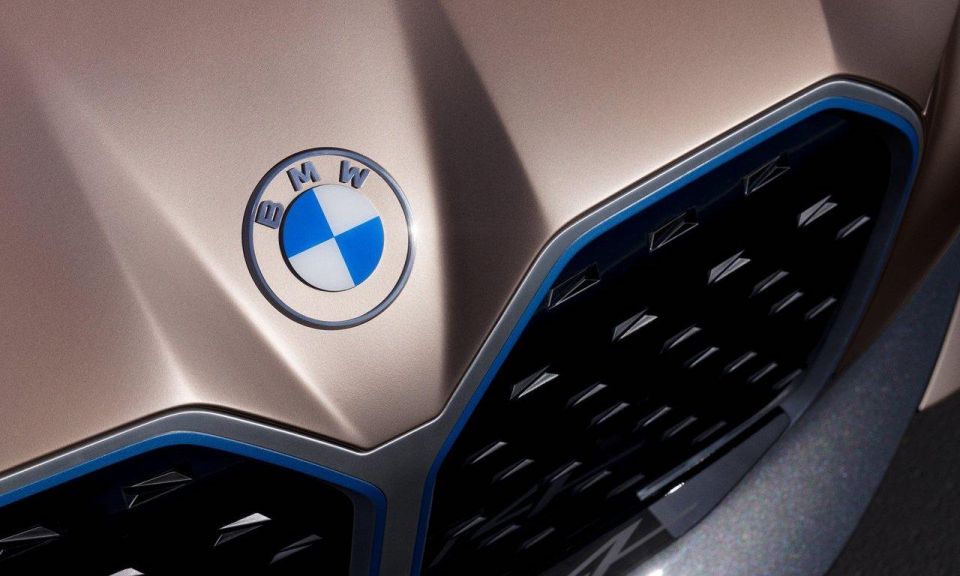
When neither company replied in the affirmative by the group’s deadline of September 20, Deutsche Umwelthilfe filed a suit arguing both automakers are impinging on the rights and freedoms of future generations by not adhering to a “fair” carbon budget.
At present Daimler says the Mercedes-Benz range will be fully electric by 2030 but only “where market conditions allow”, while BMW says it expects 50 per cent of global sales to be electric by 2030.
Neither of these commitments are legally binding.
Greenpeace reportedly could file a similar lawsuit against the Volkswagen Group, although the Wolfsburg-based firm has been given until the end of October to respond.
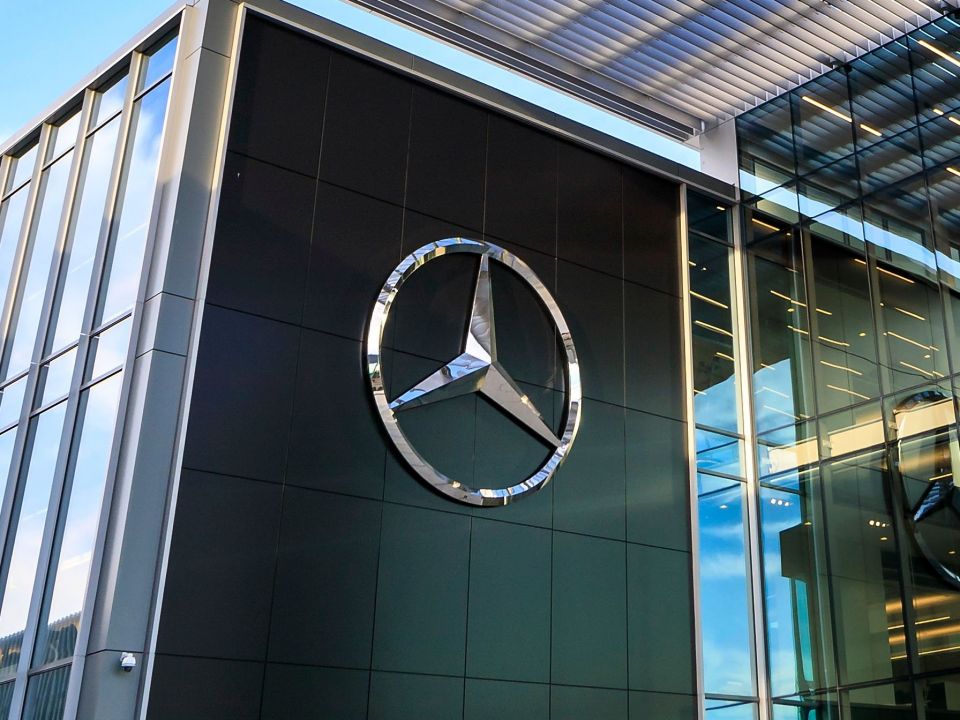
Reuters understands Deutsche Umwelthilfe’s case is built upon a German court decision that a 2019 climate change law didn’t provide enough specifics about carbon emissions reductions beyond 2030.
That case was brought by a 22-year old from a farming family on the low-lying island Pellworm in the North Sea. Her lawyers successfully argued that rising sea levels would leave her and her future children with no inheritance.
The court’s decision forces the German government to increase its 2030 carbon emissions cut from 55 per cent to 65 per cent of 1990 levels. The revised law will also need to lay out further cuts so the country emits almost zero carbon by 2050.
If Deutsche Umwelthilfe succeeds with the case against BMW and Daimler, it will speed up Germany’s transition to selling only new electric cars in its home market by five years.
The European Commission has already tabled plans which will effectively make it illegal to sell new cars with internal combustion engines in the EU by 2035.
Derek Fung would love to tell you about his multiple degrees, but he's too busy writing up some news right now. In his spare time Derek loves chasing automotive rabbits down the hole. Based in New York, New York, Derek loves to travel and is very much a window not an aisle person.


CarExpert
4 Minutes Ago
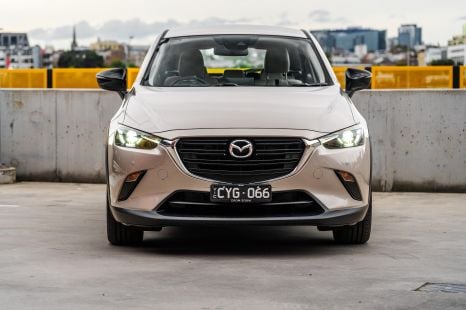

William Stopford
18 Minutes Ago
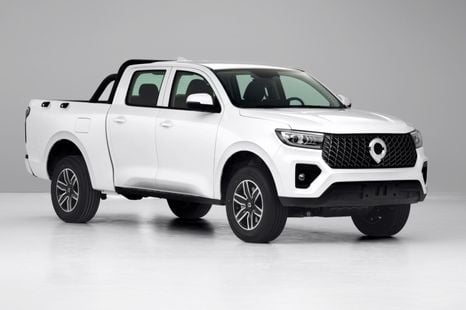

Damion Smy
1 Hour Ago
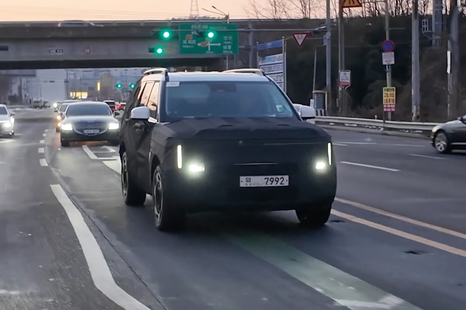

William Stopford
3 Hours Ago
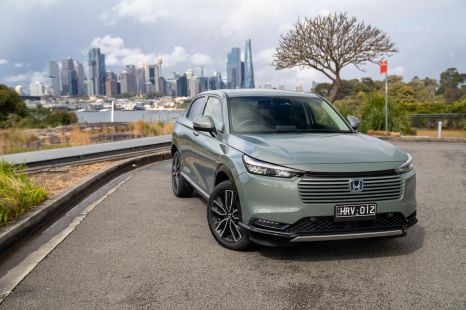

CarExpert
4 Hours Ago
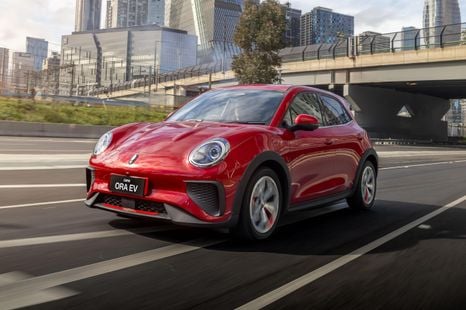

Damion Smy
5 Hours Ago
Add CarExpert as a Preferred Source on Google so your search results prioritise writing by actual experts, not AI.